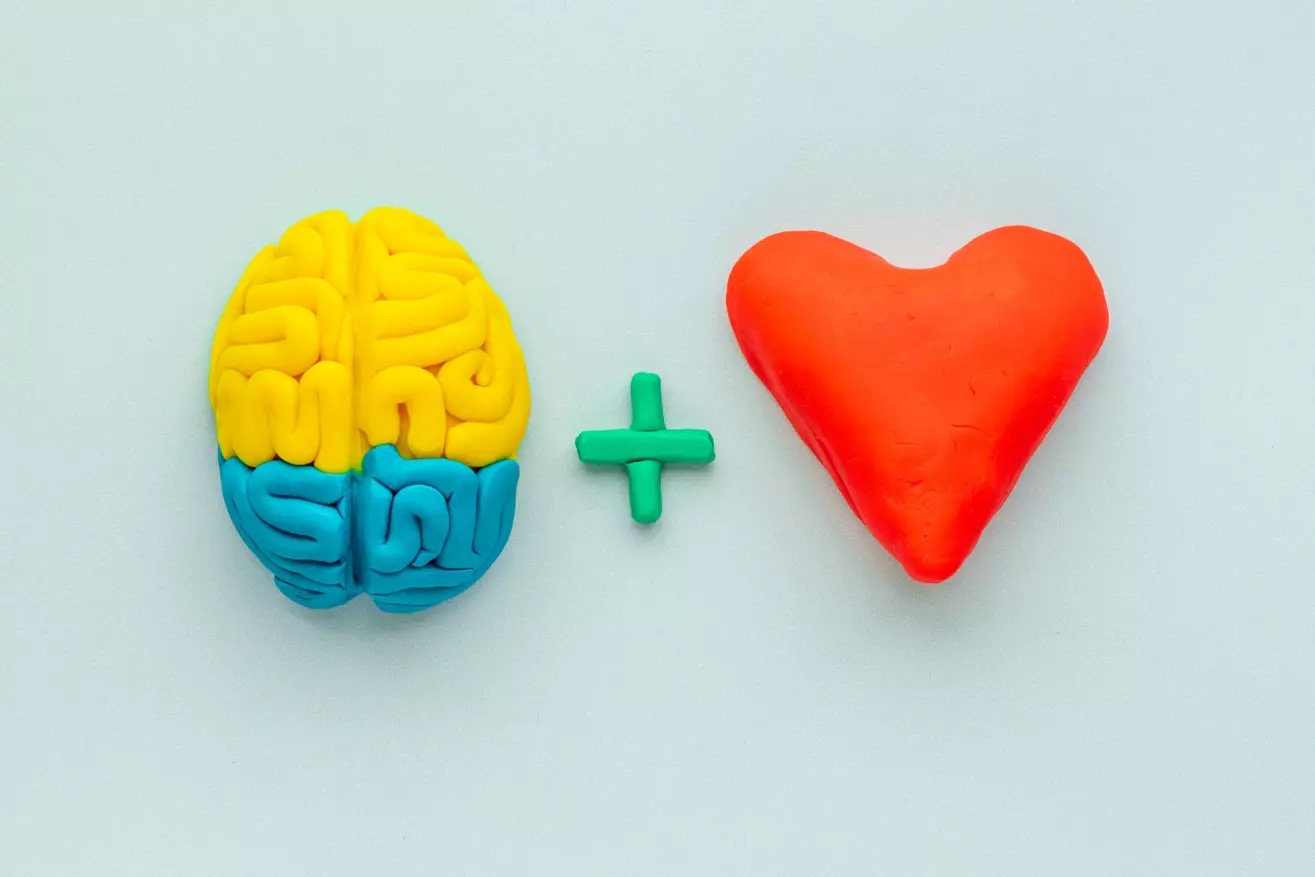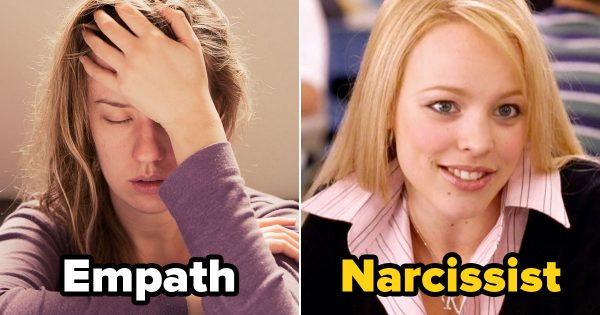
The Light Triad Test
Forget capes and costumes – the real heroes walk among us, wielding kindness, compassion, and a deep-seated belief in humanity's good. But how do you stack up against these everyday saints? Do you find yourself moved by injustice, drawn to helping others, and radiating optimism even in the face of shadows? Enter the Light Triad Test, a quiz that helps you discover the hero within.
Think of the Light Triad as the sunnier side of personality assessments. Unlike its infamous counterpart, the Dark Triad (hello, Machiavellian charm and self-serving ambition!), the Light Triad shines a spotlight on the positive: Kantianism, the unwavering belief in treating others with dignity and respect. Humanism, a celebration of the inherent worth and potential in every individual. And Faith in Humanity, a powerful conviction that despite life's bumps and bruises, the good in people ultimately prevails.
But before you dive in, let's delve a little deeper.
A Brief History
The concept of the Light Triad first emerged in the late 20th century as a counterpoint to the prevalent focus on the "dark side" of personality. Psychologists like Christopher Peterson and Michael McCullough observed individuals exhibiting remarkable levels of altruism, moral commitment, and a genuine desire to contribute to the greater good. This led to the development of the Light Triad Scale, a scientific tool for measuring these positive personality traits.
But why Triads?
You might be wondering, why do we group personality traits into "triads"? It's like assembling a personality puzzle. Triads highlight clusters of related and interacting traits that paint a more nuanced picture of who we are. The Dark Triad, for example, reveals the "power-hungry side" – narcissism, Machiavellianism, and psychopathy.
Similarly, the Light Triad illuminates the "prosocial side" – traits that drive us to contribute positively to the world and connect meaningfully with others.
Light Triad Traits
So, what specifically defines the Light Triad? The light triad traits are:
Kantianism
Imagine treating everyone with the same respect and fairness you'd expect yourself. That's the essence of Kantianism. It's about acting from ethical principles, upholding justice, and valuing the inherent dignity of every human being. This was named for the theories of German philosopher Immanuel Kant.
Humanism
We all carry unique potential and deserve to be valued for who we are. Humanism champions this belief, promoting inclusivity, compassion, and a recognition of the shared humanity that binds us. It's about celebrating individual differences while fostering a sense of community and collaboration.
Faith in Humanity
Ever feel that glimmer of hope even in the face of challenges? That's Faith in Humanity at work. It's the unwavering belief that despite imperfections and setbacks, our collective capacity for kindness, empathy, and positive change can ultimately triumph over darkness. This optimism fuels our efforts to build a better future for all.
Are You a Light Triad or a Dark Triad?
While the Light Triad and Dark Triad represent distinct sets of traits, it's important to remember that we're all complex beings. We may exhibit elements of both sides, depending on the situation and how we navigate life's challenges.
So, how do you tell where you lean? The Light Triad Test is your guide! It will help you identify your tendencies towards these positive personality traits, revealing the hero within and offering insights into your motivations and values.
Remember, even the smallest acts of kindness can ripple outwards, creating a more hopeful and connected world. Embrace your authentic self, nurture your inner hero, and let your light shine through! Take the quiz and embark on your personal Light Triad journey today!
Enjoy Quizly? Upgrade to Premium for an ad-free experience and exclusive features.
Get PremiumLight Triad Test Questions
When you see someone in distress, how do you typically react?

I usually keep to myself, as I'm not good at handling such situations.
I immediately try to comfort them and offer help.
I feel concerned but unsure how to help.
I offer some kind words or advice.
I assess the situation and then decide if I can be of any assistance.
How do you handle conflicts with others?

I take time to reflect on the issue before responding.
I try to understand their perspective and find a middle ground.
I usually give in to avoid prolonging the conflict.
I avoid confrontation and rarely express my true feelings.
I stand my ground but am open to forgiving and moving on.
If you won a large sum of money, what would you do with it?

Invest in personal projects and share with family.
Save most of it for future needs and maybe donate a little.
I'm not sure what I would do.
Spend it on experiences and gifts for friends and family.
Donate a significant portion to charity.
What motivates you to help others?

I help others when I can, but I often prioritize my needs.
It's the right thing to do, and everyone should help each other.
The feeling of happiness and fulfillment it brings.
Knowing that I can make a difference in someone's life.
I rarely feel a strong motivation to help others.
How do you approach personal growth and self-improvement?

I actively seek out new experiences and challenges.
I focus on helping others, which in turn helps me grow.
I reflect on my mistakes and try to learn from them.
I don't spend much time thinking about personal growth.
I'm open to growth but often unsure where to start.
How do you handle stressful situations?

I seek support from friends or family.
I tend to shut down and wait for the stress to pass.
By staying calm and thinking of solutions.
I focus on the bigger picture and what I can learn.
I get anxious and sometimes avoid dealing with it.
How do you feel about forgiveness?

Forgiveness depends on the situation and person involved.
I forgive but I don't forget.
I find it hard to forgive when deeply hurt.
It's essential for healing and moving forward.
I struggle with forgiveness and tend to hold grudges.
What role does generosity play in your life?

I rarely think about being generous.
I'm generous when I can be, especially with those close to me.
It's a core value that I practice regularly.
I try to be generous, but I have limited resources.
I believe in balanced generosity, giving and taking equally.
What does success mean to you?

A balance of personal happiness and helping others.
Making a positive impact on the lives of others.
Success isn't a major focus for me.
Achieving personal goals and self-improvement.
I'm still figuring out what success means to me.
How do you view challenges and obstacles in life?

I prefer to avoid challenges whenever possible.
With caution, but I know they're necessary for growth.
I find them daunting and sometimes overwhelming.
I try to help others through their challenges.
As opportunities to learn and grow stronger.
What is your approach to learning new things?

I'm always curious and enjoy the process of learning.
I'm open to learning but sometimes lack motivation.
I learn things that help me make a positive impact on others.
I don't actively seek out new learning opportunities.
I seek knowledge to balance my personal and professional life.
How do you prioritize your time and resources?

I often prioritize others over myself.
I focus on personal growth and helping others when I can.
I'm still figuring out how to best manage my time.
I mostly focus on my own needs and interests.
I balance my needs with the needs of others.
What role do emotions play in your decision-making?

I rely heavily on my emotions to guide me.
I'm learning to understand and use my emotions in decisions.
I balance emotion with logic and reason.
I don't often consider my emotions in decision-making.
I observe my emotions but don't let them control me.
How do you approach teamwork and collaboration?

I focus on supporting my teammates and ensuring everyone is heard.
I prefer working independently rather than in a team.
I'm still learning how to work effectively in a team.
I contribute thoughtfully and encourage others to share their ideas.
I enjoy leading and guiding the team towards our goals.
How do you react to criticism or negative feedback?

I balance accepting feedback with maintaining my own perspective.
I try to understand the perspective behind it and respond empathetically.
I take it as an opportunity to learn and improve.
I often get defensive or upset.
I find it difficult but am trying to be more receptive.
What does 'being a good friend' mean to you?

I'm still learning what it means to be a good friend.
Maintaining a balanced and supportive relationship.
Helping them grow and encouraging their aspirations.
Being there for them in times of need and showing empathy.
Enjoying each other's company without many expectations.
How do you deal with personal setbacks or failures?

I'm learning to handle setbacks but sometimes struggle.
I find setbacks demotivating and challenging to overcome.
I seek support from friends or family to cope with setbacks.
I view them as learning opportunities and bounce back stronger.
I reflect on what went wrong and how I can improve.
How do you approach helping strangers in need?

I consider helping but might hesitate due to uncertainty.
I assess the situation before deciding to help.
I'm cautious and avoid getting involved.
I rarely intervene in situations involving strangers.
I offer assistance without hesitation if I can.
What role does gratitude play in your life?

I express gratitude regularly to those around me.
I understand the importance of gratitude but struggle to practice it.
I actively practice gratitude and appreciate life's blessings.
I rarely think about or express gratitude.
I acknowledge gratitude but find it hard to express.
How do you handle situations where your values are challenged?

I try to understand differing viewpoints and find common ground.
I avoid confrontations about values whenever possible.
I'm firm in my values but may not engage in discussions about them.
I struggle to handle such situations and may feel conflicted.
I defend my values firmly but respectfully.
We're coming to a close! How do you handle praise or recognition for your accomplishments?

I appreciate recognition but don’t seek it actively.
I rarely receive recognition for my accomplishments.
I enjoy recognition and seek it for my accomplishments.
I'm uncomfortable with praise and tend to downplay my achievements.
I feel grateful and acknowledge those who supported me.
And last but not least, how important is self-reflection in your life?

I find moments for self-reflection to improve myself.
It's a regular practice for me to understand myself better.
I'm trying to incorporate more self-reflection into my routine.
I reflect on my actions and their impact on others.
I rarely spend time reflecting on myself and my actions.






